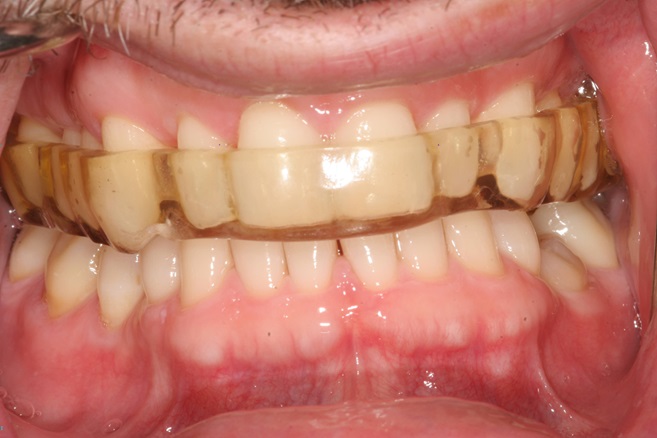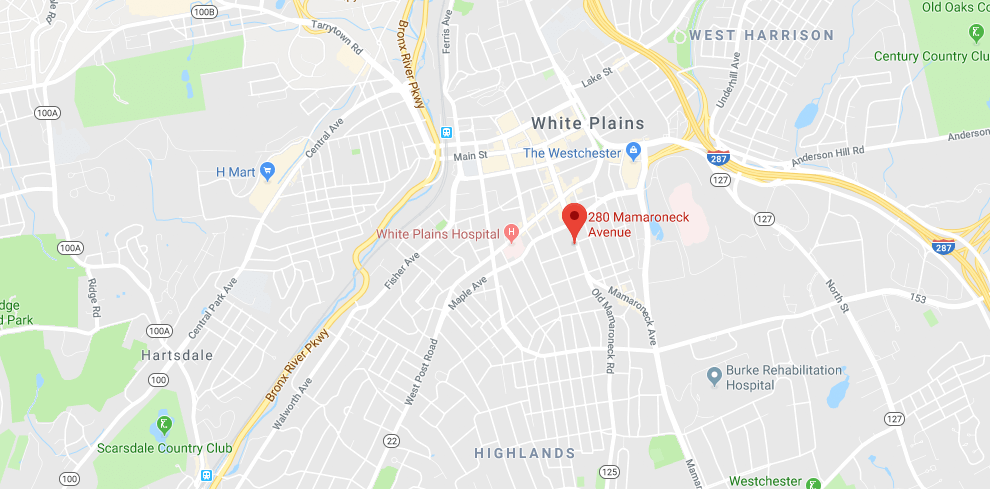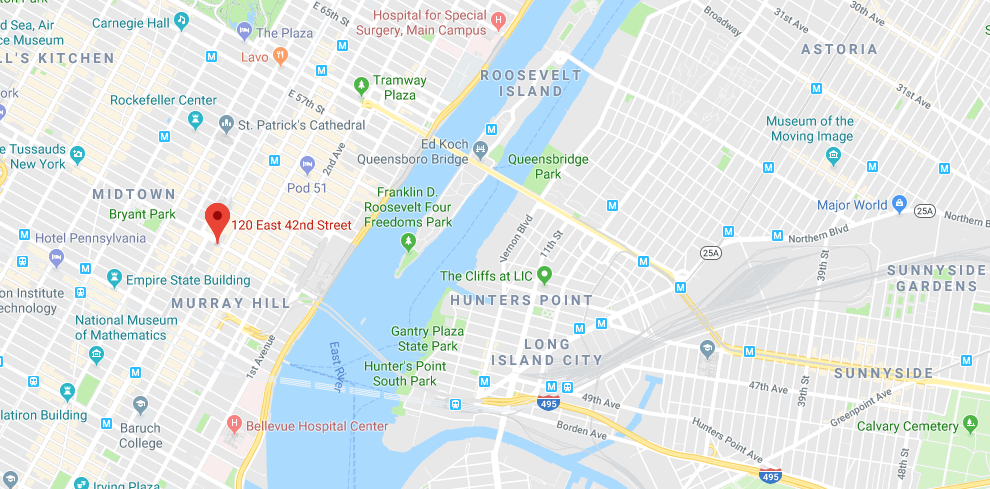
TMJ stands for Tempromandibular Joint. It acts like a sliding hinge, connecting your mandible/jawbone to your maxilla (skull). Your TMJ assists in your jaws opening and closing, as well as chewing.
Tempromandibular disorder (TMD) is when you have pain in your TMJ joint, and in the muscles that control your jaw movement. Often, patients cannot open their jaws fully and are limited in their chewing function. Between 5% and 12% of the general adult population have some form of TMD, with people between the ages of 20-40 being more likely to develop TMD. It can also be genetic.
There is no single cause of TMD. It can be a result of many different factors, or a combination. For example, jaw injury (broken or dislocated jaw), teeth grinding/bruxism, malocclusion (teeth don't fit together), and stress, or arthritis. If you suspect you have TMD, you should visit your dentist first, and then possibly an oral surgeon if necessary.
There are several non-invasive options to alleviate TMD pain, such as medications or nonsurgical treatments. Acetaminophen or Ibuprofen, muscle relaxers for those who grind their teeth, and physiologic/custom made mouthguards are very effective appliances that can be made to help reduce stress, clenching, and grinding. The nightguard or occlusal guards help alleviate the muscles of mastication from constricting, and the jaw from clenching or grinding.

Recently, Botox has been an aid in relief of the symptoms of TMD. It has been found to be a muscle relaxant and decrease the hyperactivity of the muscles. However, it is recommended to try non-invasive options first and consult with a medical professional before opting for Botox.
If you think you may be suffering from TMD, make sure to give us a call at 914-949-8101, so we can get you scheduled right away!


